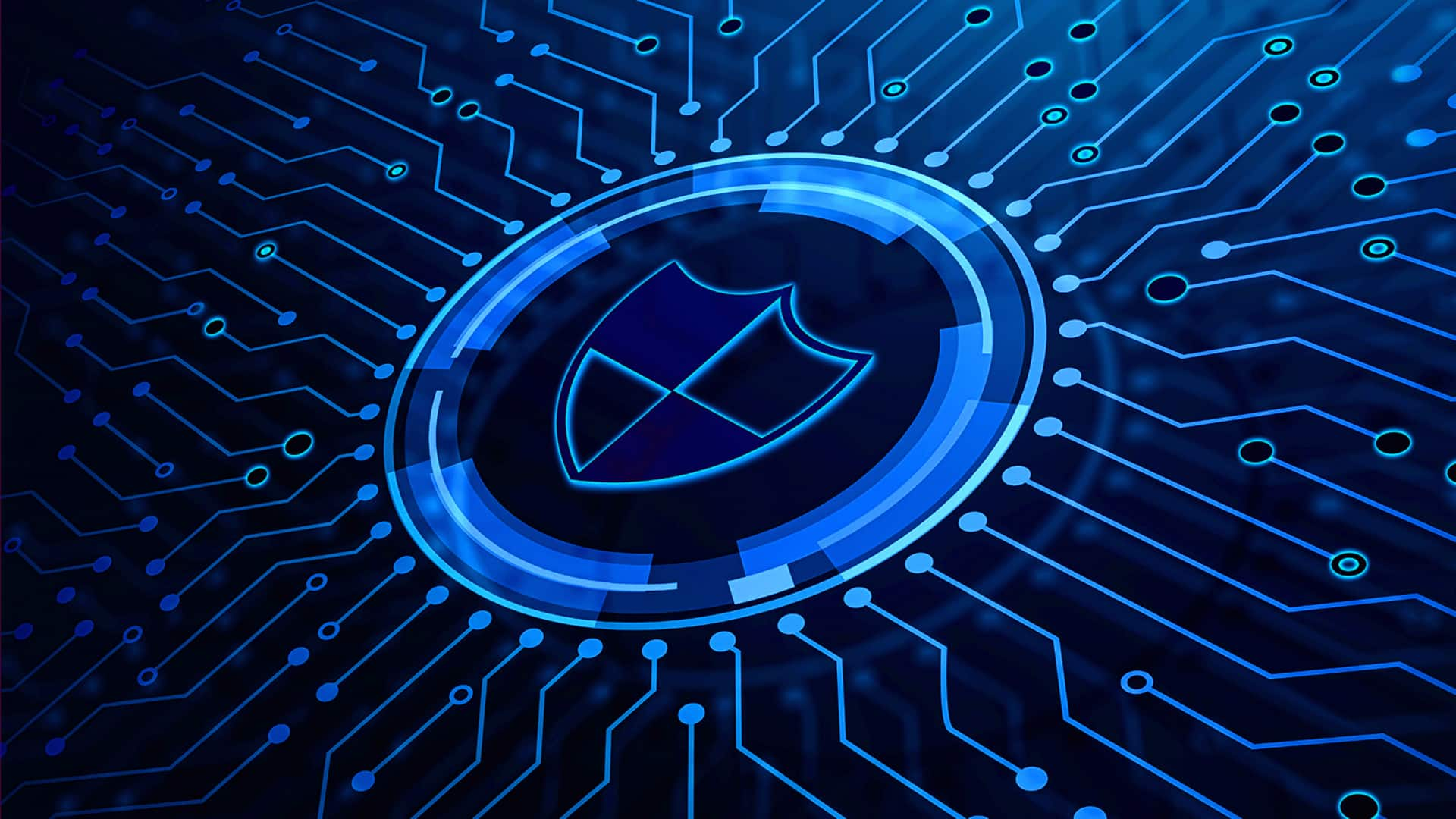
How Modi government is tackling cyber crimes in India
What's the story
The Indian government has asserted its readiness to tackle online threats and cyber crimes with a strong legal framework. Union Minister of State for Electronics and Information Technology, Jitin Prasada, made the statement in the Rajya Sabha. He emphasized that India's cyber legal structure is well-equipped to deal with evolving online harms and cyber crimes.
AI threats
AI-powered deepfakes pose serious threat
Prasada acknowledged the threat of AI-powered deepfakes, including synthetic audio, video, and text. He said such content could have a serious impact on an individual's dignity, reputation, and right to privacy. The minister also raised concerns about platform accountability in this context.
Cybersecurity measures
Legal framework in place to tackle online threats
To tackle the growing threat of deepfakes and ensure a safe cyberspace, the Indian government has developed a comprehensive legal and institutional framework. This includes several existing laws dealing with different aspects of AI-generated harms. The Information Technology Act, 2000 (IT Act), for instance, criminalizes identity theft, impersonation, the privacy violations, and distribution of obscene content. It also empowers the authorities to issue blocking orders (Section 69A) and takedown notices (Section 79) against intermediaries.
Data protection
Other laws that can be invoked against deepfakes
The Digital Personal Data Protection Act, 2023 (DPDP Act) adds another layer of protection by mandating data fiduciaries, including AI companies, to process personal data lawfully and with user consent. Deepfakes using personal data sans consent can be penalized under this act. The Bharatiya Nyaya Sanhita, 2023 (BNS), also deals with misinformation and organized cybercrimes through Sections 353 and 111.